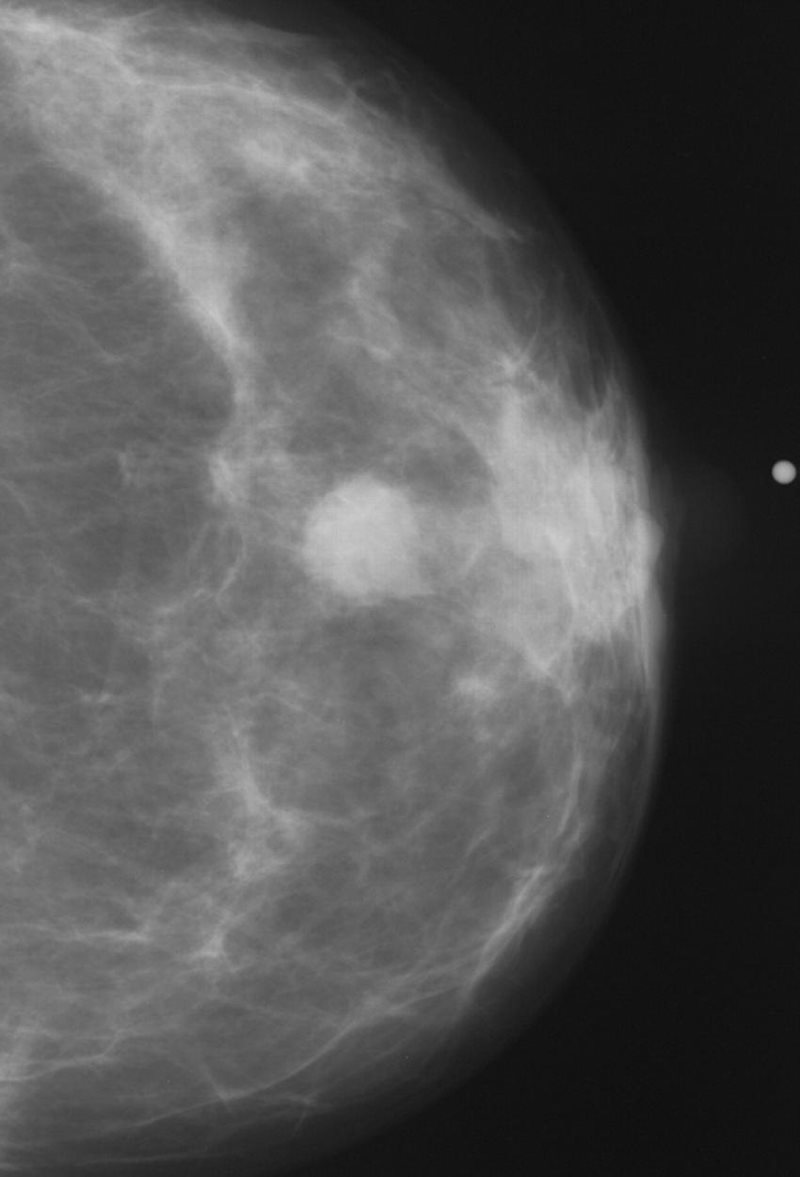AI-Enabled Breast Screening Software Gets FDA Nod
 MedCognetics, Inc. has received US FDA 510(k) clearance for QmTRIAGE, an artificial intelligence (AI)-enabled software for breast cancer screening. QmTRIAGE provides an unbiased advanced imaging algorithm that leverages AI and Machine Learning (ML) to detect the earliest manifestations of cancer in all ethnicities. The digital health software platform can be deployed on customer premises, via the cloud or through the web.
MedCognetics, Inc. has received US FDA 510(k) clearance for QmTRIAGE, an artificial intelligence (AI)-enabled software for breast cancer screening. QmTRIAGE provides an unbiased advanced imaging algorithm that leverages AI and Machine Learning (ML) to detect the earliest manifestations of cancer in all ethnicities. The digital health software platform can be deployed on customer premises, via the cloud or through the web.
The company says it is focused on developing the next generation of AI medical imaging technology with an initial focus on improving outcomes of early breast cancer detection, particularly across a diverse group of patients, as well as helping radiologists with unmanageable caseloads.
“The American Cancer Society has stated that in 2022 approximately 287,850 new cases of invasive breast cancer will be diagnosed in women,” said Debasish Nag, chief executive officer, MedCognetics, Inc. “MedCognetics is committed to leveraging our technology to help improve outcomes across a diverse group of patients and to do so, partnered with both University of Texas at Dallas and University of Texas Southwestern Medical Center (UTSW) to address these disparities. In addition to this, our software’s high detection accuracy enables reduced time for review by radiologists, another key component to improved outcomes. The FDA’s clearance is a very important first step for us as we work toward expanding to other realms of cancer.”
MedCognetics worked with the UT Southwestern Medical Center (UTSW) in Dallas, Texas. UTSW, which has licensed intellectual property to MedCognetics and holds equity in the company, provided the deidentified clinical data (i.e., breast imaging cases). These assisted in the validation of MedCognetics unbiased AI algorithm. The company also teamed up with UT Dallas, which also holds an equity stake, by licensing intellectual property from its Quality of Life Technology Laboratory. In addition to tackling the trend of training on a dominant ethnic population base, the MedCognetics platform also reduces the amount of time a Radiologist needs to review a case; this is especially vital in underserved communities and areas of the world where medicine and diagnostic imaging are scarce.
“The use of AI in medicine has helped bridge many gaps in the detection and treatment of cancers,” said W Phil Evans, MD, FACR, Clinical Professor of Radiology at UT Southwestern Medical Center, and Chief of its Breast Imaging Division. “We are working to leverage this technology to address data bias regarding breast health and imaging.”